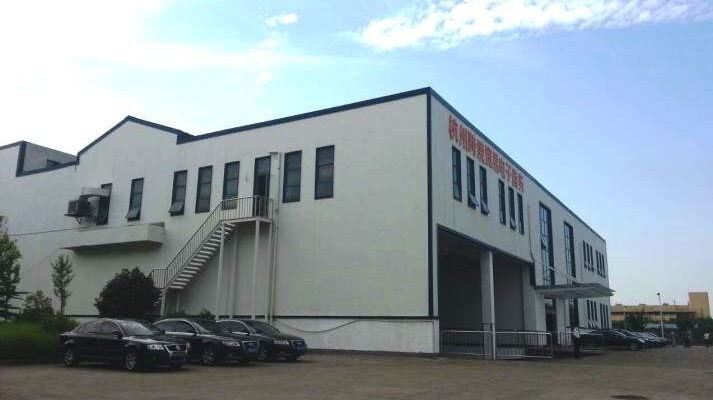Facing with the fierce competition in the global market, each manufacturer is putting every effort to develop its own competitive edge. This is especially true in the interlining industry. One of the aspects for an interlining supplier to achieve competitive edge is to lowering costs while increasing efficiency. Whilst lowering the storage cost is a means for an interlining supplier to focus on. Before making a strategic planning to lower the storage cost, an interlining supplier is necessary to understand the basic concept of 中国集运 classification.
Warehouses in the manufacturing industries are generally classified by the ownership. Under this idea, warehouses can be classified as private warehouses, public warehouses and contract warehouses.
1. Private Warehouse
A private warehouse, as a type of warehouse ownership classification. Is operated by the firms or organization that owning the products stored in the facility. These firms or organizations may be factories, trading companies or wholesalers. The building of the warehouse can be owned or leased. The critical point for a firm to decide whether to own or lease the facility is the financial concern. Sometimes it is not possible to find a proper warehouse to lease. Take an interlining supplier for example; the storage racks or other physical nature in a leased building may not be suitable for the storage for interlining products like woven interlining, non-woven interlining and fusible interlining. Under this circumstance, design and arrangement need to taken place for construction. On the other hand, at a particular connection for logistic purposes, a firm may have difficulties in finding a warehouse for ownership.
The major benefits of a private warehouse are flexibilities, control, cost and some intangible attributes. A private warehouse is more flexible than a public one, as the operating policies. And process can adjusted to meet the special needs of a customer or the product itself. Also, a suitable course of action can taken to meet specific requirements for logistic purposes.
Private warehouse offer stable control since the firm has the sole authority on warehouse management to optimize activities. For example, the control on warehouse operations for an interlining product like woven interlining. Non-woven interlining and fusible interlining can integrate with the logistic operations of an interlining supplier.

